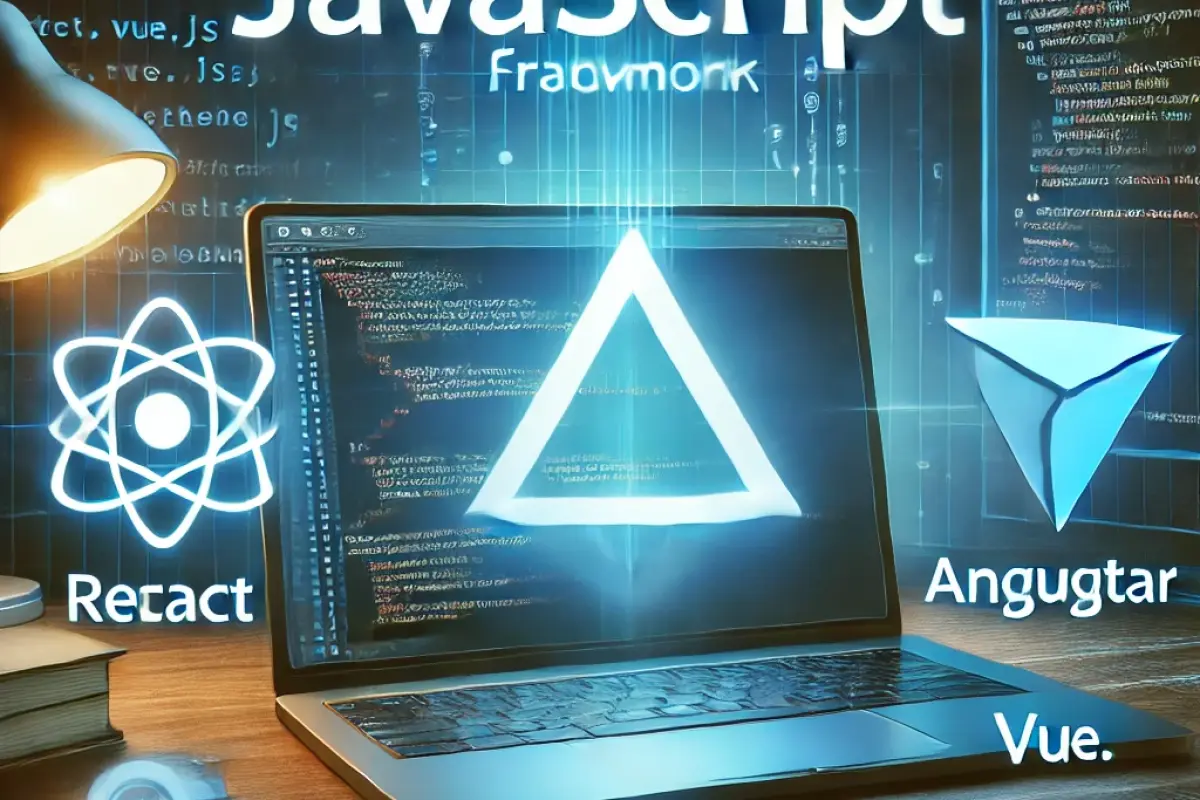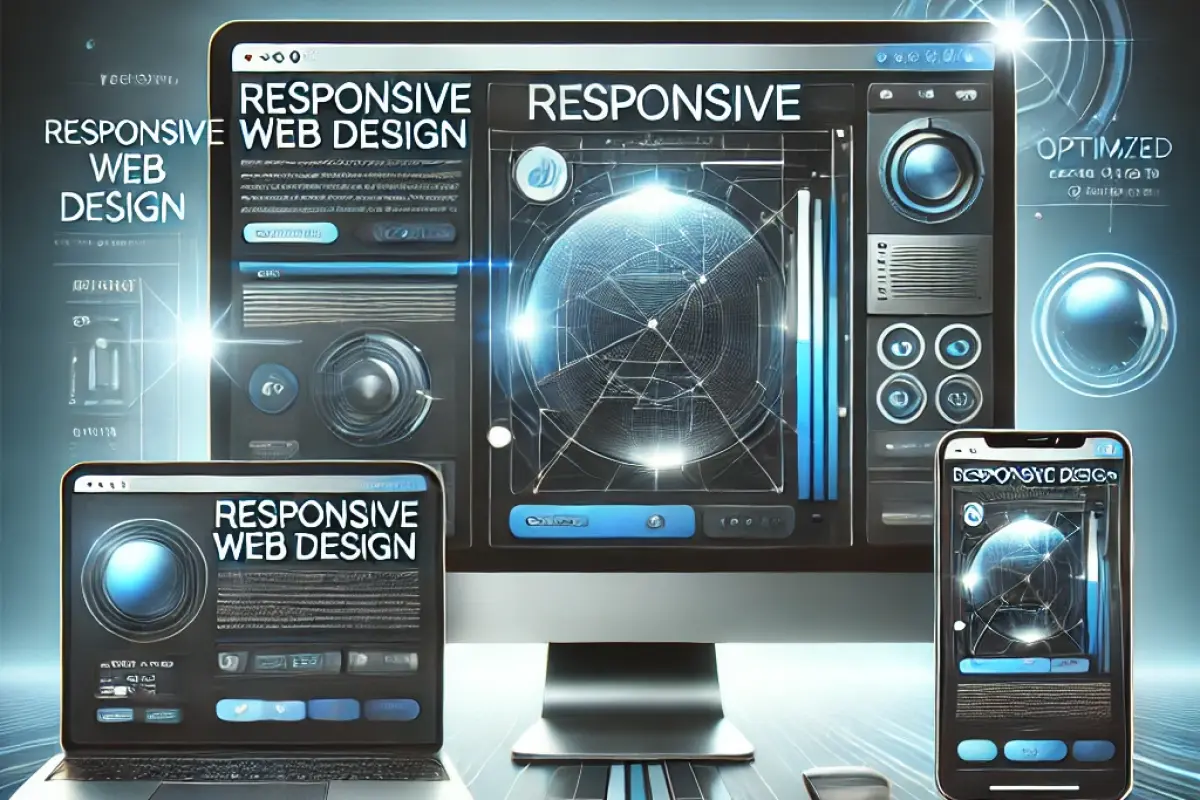Why Accessibility Matters in Modern Front-End Development
In this blog post, we explore why accessibility is becoming a key focus in modern front-end development. From inclusive design to legal compliance and performance benefits — discover how building accessible web interfaces creates better experiences for all users.

Introduction
Web accessibility is no longer just a "nice to have" — it's a necessity. With more users relying on screen readers, keyboard navigation, and assistive technologies, developers have a responsibility to ensure their websites are usable by everyone. Accessibility not only improves user experience but also brings real business and SEO benefits.
What Is Accessibility in Web Development?
Accessibility (often abbreviated as a11y) refers to designing and developing websites and applications so that they can be used by people with disabilities, including:
Visual impairments (e.g., blindness, color blindness)
Hearing impairments
Motor impairments (e.g., limited hand movement)
Cognitive disabilities
Why It Matters in 2025 and Beyond
Legal Requirements
Many countries enforce accessibility laws (such as WCAG, ADA, EN 301 549). Non-compliance may lead to legal action.Better UX for All
Accessible websites are easier to navigate for everyone — not just users with disabilities. Think larger buttons, clear contrast, keyboard navigation.Improved SEO
Search engines reward semantic HTML, alt text, and structured content — all key accessibility practices.Inclusivity Builds Trust
Making your product accessible shows you care about all users, which strengthens your brand reputation.
Key Accessibility Best Practices for Front-End Developers
Use semantic HTML (e.g.,
<header>,<nav>,<main>,<button>)Add meaningful alt attributes to all images
Ensure color contrast meets WCAG 2.1 standards
Make all interactive elements keyboard-accessible
Use ARIA roles sparingly and correctly
Test your site with screen readers like NVDA or VoiceOver
Tools That Help
axe DevTools – Chrome extension for detecting accessibility issues
Lighthouse – Built-in audit tool in Chrome DevTools
WAVE – Online accessibility evaluation tool
Keyboard-only testing – See what’s reachable without a mouse
Conclusion
Accessibility is not an afterthought. It's a core part of good front-end development. By integrating accessibility into your design and code from the start, you're not only building a better product — you're building for everyone.
At PVidev Design, accessibility is a priority in every project. Let’s make the web more inclusive, one line of code at a time.
Leave a comment
Your email address will not be published. Required fields are marked *


